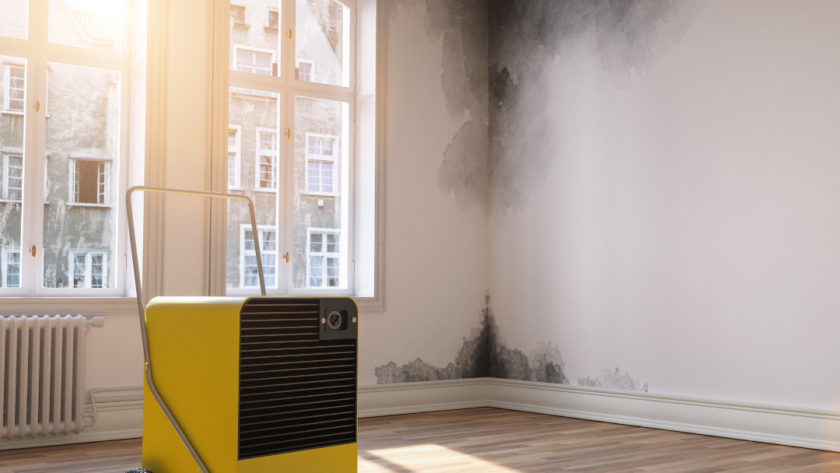Despite occurring naturally, you shouldn’t play down the presence of mold in a home. Mold can cause serious property damage and health issues to occupants. Unfortunately, indoor environments favor mold growth, making it a common domestic problem. Additionally, mold grows and accumulates in hidden areas of a house, making it difficult to spot. This presents challenges to potential homebuyers.
In most U.S states, extensive mold growth in a home violates the public health code. Property sellers should also disclose if the house has mold problems before buyers move in. Similarly, failure to remove mold can lead to citations over code violations. Buying a house with mold problems only makes sense if you receive a major discount. You should also be able to obliterate the mold.
What are the Causes and Risks of Mold Growth?
There are thousands of mold species that can grow indoors, ranging from mold that grows on decaying fruits and bread to mold that populates moist and humid areas. Mold is common in areas with moisture, such as the basement, under HVAC units, and other damp places. In some situations, mold growth may indicate a serious problem in the house, such as water damage.
Homebuyers should find the main cause of mold in houses with significant and visible mold overgrowth. Signs of mold growth are a clue that the house potentially has other serious problems. It is worth noting that some mold species are toxic and constant exposure can lead to serious health problems, such as coughing, breathing difficulties, and asthma. Brief exposure may not cause serious issues, but mold should be promptly removed before moving homes.
How Mold Affects Home Buying Process
Before buying a home, it should be thoroughly inspected for mold and other possible shortcomings. A thorough inspection can help in identifying the causes of mold growth. Sellers should also disclose to potential buyers ongoing mold challenges, especially if the house was previously flooded or experienced water damage.
Even then, homebuyers shouldn’t take the word of property sellers or real estate agents about the presence or absence of mold seriously. Even if the seller gives you a steep discount, schedule an inspection before closing the sale. The cost of abating mold might surpass the discount offered.
As mentioned, mold significantly affects the appraisal value. For most buyers, reduced appraisal values might be tempting because it makes the house affordable. However, if you want a property in good condition, avoid making offers to any property with mold until you conduct an independent and unbiased appraisal.
If you intend to seek FHA financing, FHA appraisers are required to note not only mold growth in a home but also the location and type of mold. Considerable mold growth or mold growth in unusual places will most likely reduce property value. If the appraiser finds dangerous overgrowth of mold, you should remove the mold to qualify for an FHA loan.
Deciding if You Should Buy the House
Unfortunately, there is no straight answer to whether you should buy a mold-infested house or not. However, you should consider your budget, health, and how soon you intend to move in to make the decision.
For instance, if you are allergic and the house has an overgrowth of mold, you shouldn’t buy the house and occupy it immediately. On the other hand, if you aren’t in a hurry to move in and are confident with mold removal, buying a house with mold growth is cost-saving.
Conclusion
Living in a house with mold is unsafe, especially for individuals who are sensitive to mold. If you want to buy a house with mold, consider addressing the issue immediately before moving in. For this, don’t hesitate to enlist professional mold removal services.



